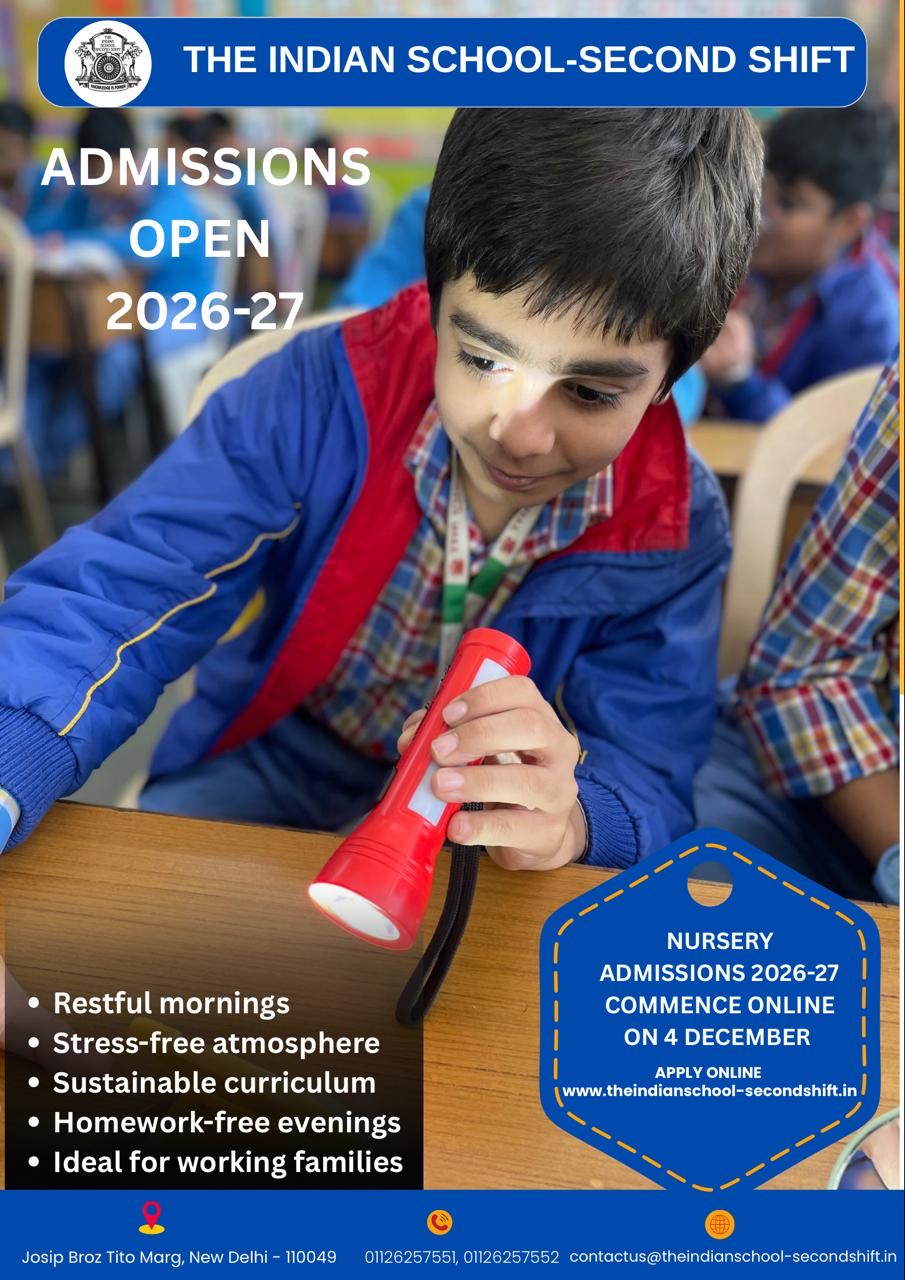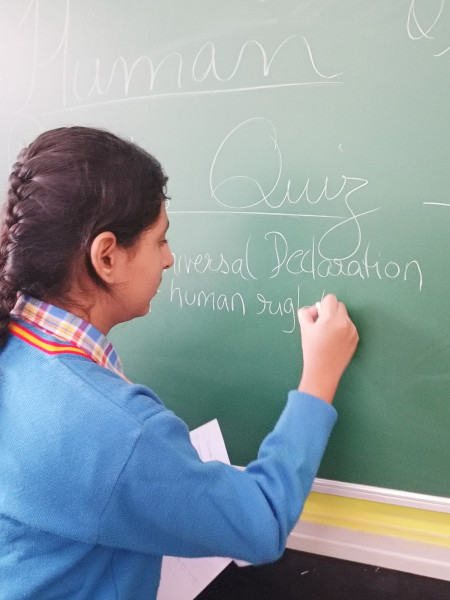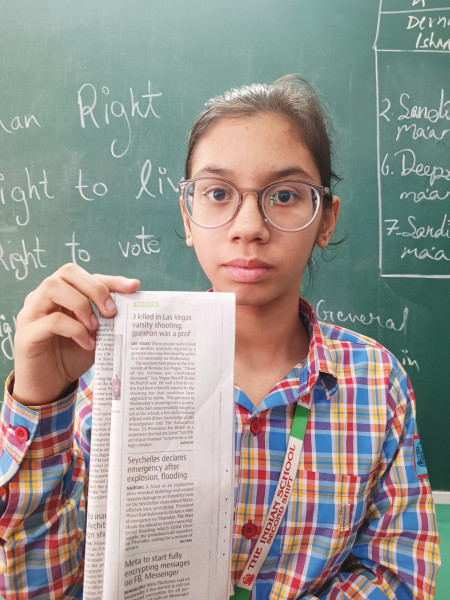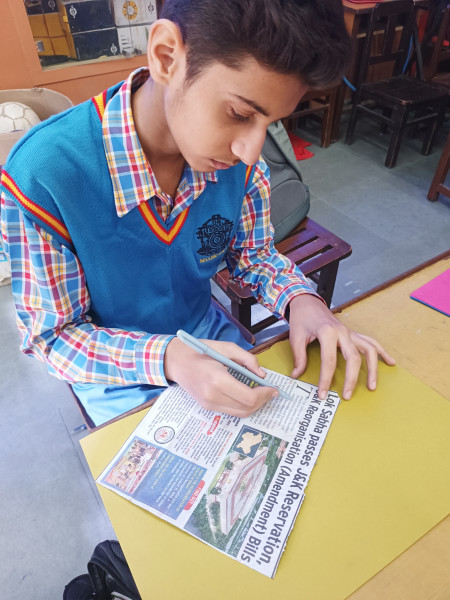Human Rights Day activities
Human Rights Day is observed annually on December 10. This day commemorates the adoption of the Universal Declaration of Human Rights (UDHR) by the United Nations General Assembly in 1948. The UDHR is a foundational document that outlines the fundamental human rights to which every person is entitled.
This is the occasion to raise awareness about human rights' issues, to promote the importance of upholding these rights, and reflect on the progress made and challenges still faced in this regard.
India is a democratic country with a constitution that guarantees fundamental rights to her citizens. However, concerns and challenges related to human rights have been raised over the years. Some concerns like the violation of the Freedom of Expression, Minority Rights, Caste-Based Discrimination, Women's Rights, Access to Justice etc. are seen time and again.
There have been concerns about religious freedom, including incidents of violence against religious minorities and debates over anti-conversion laws in some states. To understand the present-day situation, the students of class 7 used newspapers to dig out cases relating to the violations of human rights.
India respects the freedom of expression. However, there have been alleged instances of restrictions, against journalists, activists, and citizens for expressing dissent or criticism. In this regard, students of class 8 discussed the case study of a popular Mumbai-based journalist. Along with this, a few other important headlines which involve human rights' violations and which have attracted international attention, like Israel versus Palestine, were also discussed.
Despite legal measures to address caste-based discrimination, incidents of discrimination and violence against the marginalised sections of the society continue to be reported till date. To emphasise on the above-mentioned crises, the students of class 9 undertook a detailed case study on how Jews were seen by the Nazis in comparison to the German Nordic Aryans in the late nineteenth and twentieth centuries. Afterwards, students engaged themselves in a classroom discussion and quiz about human rights and how we can relate certain cases to real-life situations.
Teaching children about human rights is important for fostering a sense of empathy, understanding, and responsibility. Hence, The Indian School – Second Shift is attempting to educate students about such issues and hence promote social equality. The goal is to make learning about human rights both educational and enjoyable, inculcating a sense of responsibility and empathy in the future generations.












